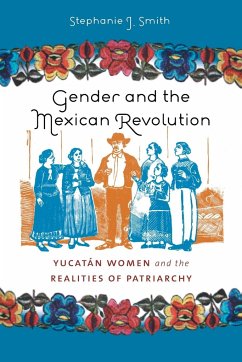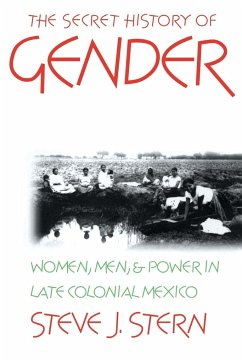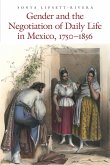The state of Yucatan is commonly considered to have been a hotbed of radical feminism during the Mexican Revolution. Challenging this romanticized view, Stephanie Smith examines the revolutionary reforms designed to break women's ties to tradition and religion, as well as the ways in which women shaped these developments. Smith analyzes the various regulations introduced by Yucatan's two revolution-era governors, Salvador Alvarado and Felipe Carrillo Puerto. Like many revolutionary leaders throughout Mexico, the Yucatan policy makers professed allegiance to women's rights and socialist principles. Yet they, too, passed laws and condoned legal practices that excluded women from equal participation and reinforced their inferior status. Using court cases brought by ordinary women, including those of Mayan descent, Smith demonstrates the importance of women's agency during the Mexican Revolution. But, she says, despite the intervention of women at many levels of Yucatecan society, the rigid definition of women's social roles as strictly that of wives and mothers within the Mexican nation guaranteed that long-term, substantial gains remained out of reach for most women for years to come.








